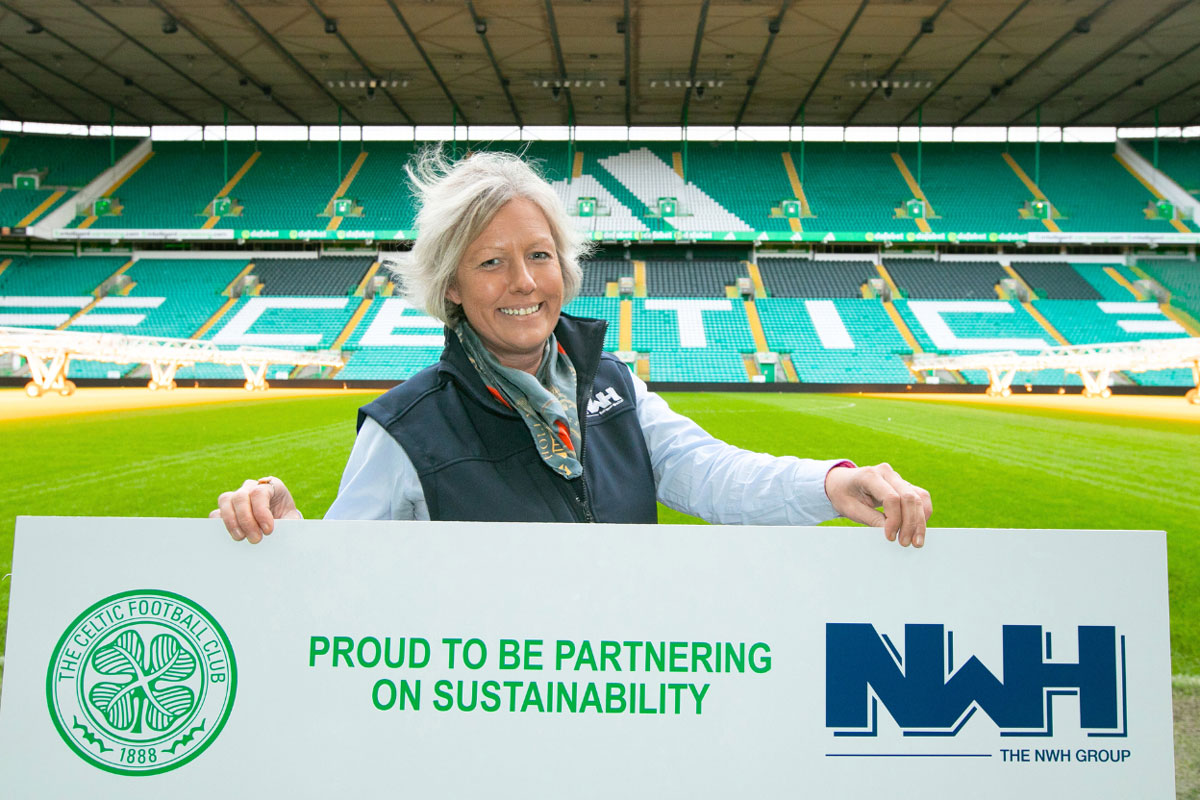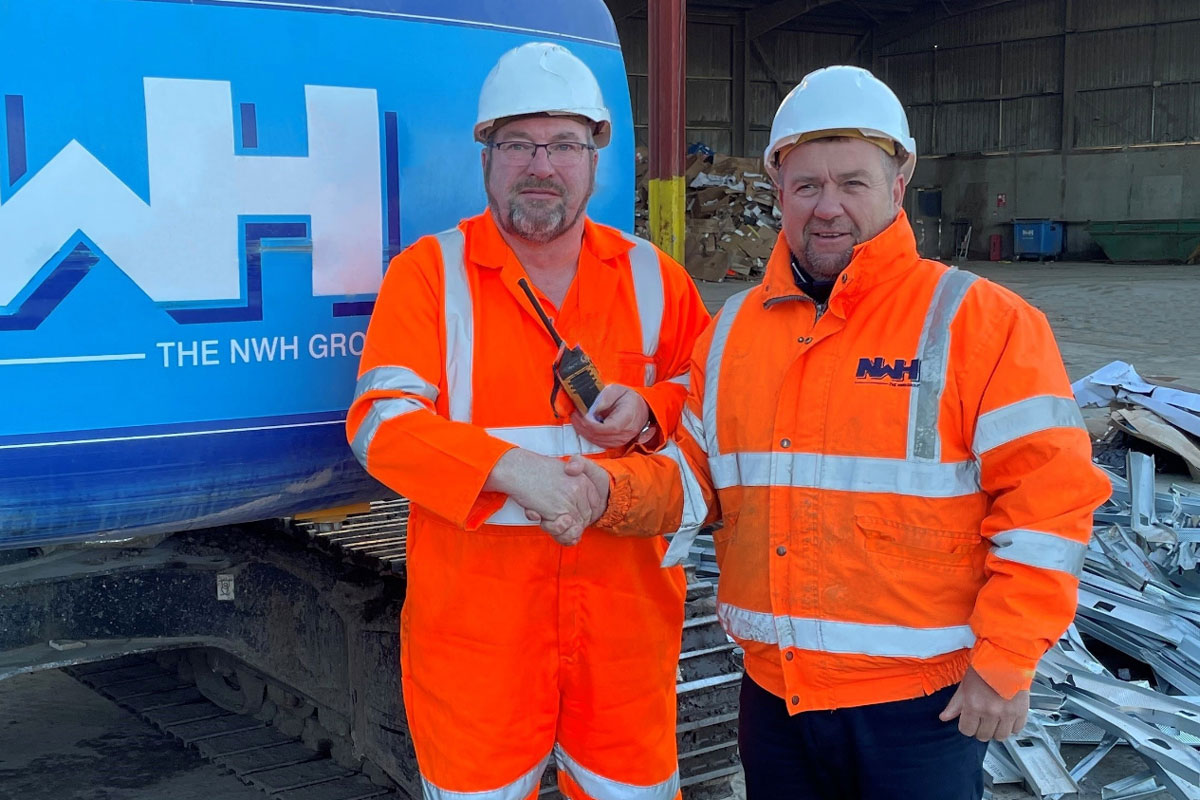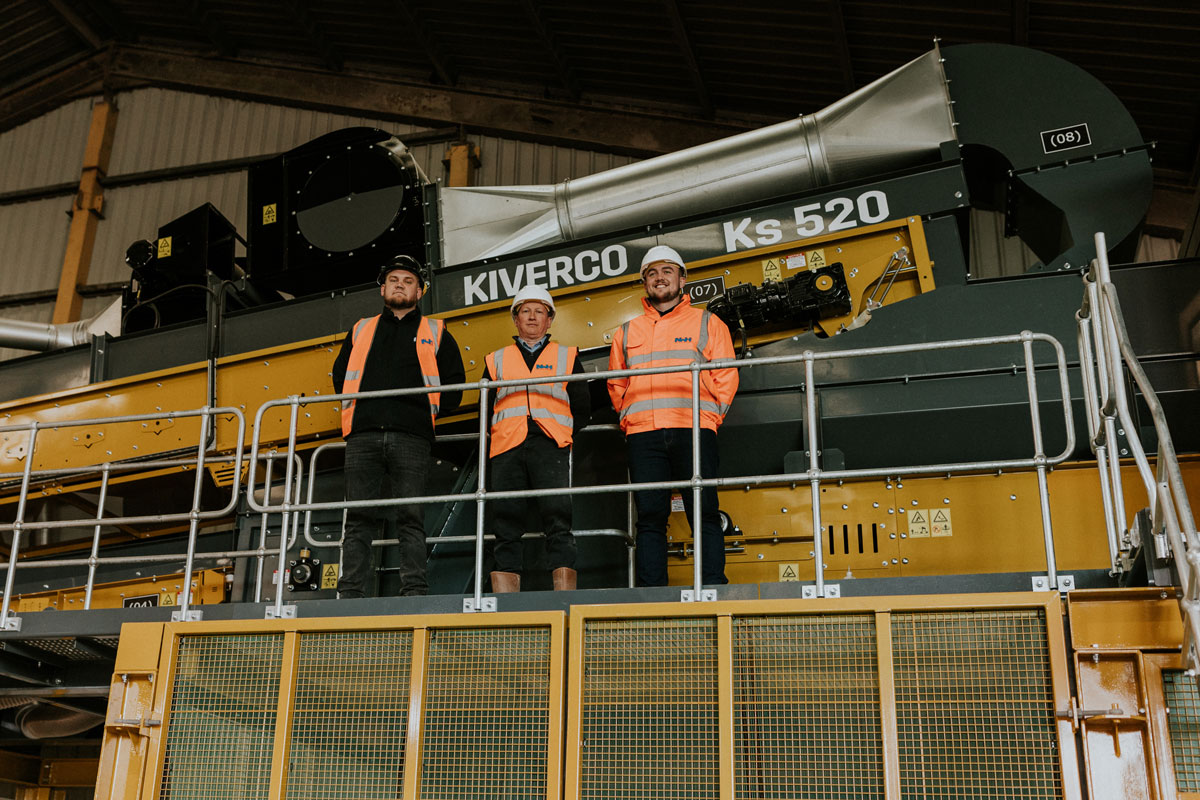
By Gordon Davidson
As society strives to achieve a truly ‘circular’ economy, industries are increasingly judged on how much waste they create, and how well they deal with it.
Unfortunately, the relationship between hospitality businesses and their waste disposal services has not always been a warm one, often soured by issues of cost and inconvenience, making it a less than ideal basis for progressive thinking.
Kelly Lock, Commercial Lead of the NWH Group, is very keen to end that unproductive tension and forge a more mutually beneficial partnership between the hospitality industry and trade waste uplifters.
The NWH Group is now targeting Glasgow’s hospitality scene as the test bed for a new model of waste collection, under which hospitality venues will come together into linked districts, creating economies of scale that will allow better segregation of their collective waste – and give them access to the rebates that are available for properly sorted and batched recyclables.
NWH Group is a Scottish-based family business that began in haulage in the 1950s, and diversified into waste collection in the early 2000s.
“We want to do something for Scotland’s cities and hospitality.”
With a trading footprint from Dumfries to Dundee, it has 11 depots, seven processing plants, and a substantial road fleet, including a growing cohort of LEZ-compliant electric vehicles.

The company asserts that it is equipped to process the majority of the material it lifts, across its own recycling sites in Scotland and the North-east of England.
Crucially, it is also equipped to accurately weigh-on uplifts and follow materials through that inhouse recycling system, which is how it is able, above a minimum scale, to calculate the rebates due to the businesses it collects from.
In October last year, Kelly – previously Head of Sales and Commercial at waste management firm Biffa – joined the NWH Group as its commercial sales lead, alongside now managing director Gavin Money, with a remit to pursue commercial expansion.
The firm’s current turnover is around £55million, but the target is to move the dial on its trade waste and additional sectors to move that up to £80million over the next three years.
Trade waste already accounts for £11m worth of business, and that is the part of the enterprise that is now expected to grow substantially.
NWH has already secured some crucial clients in Glasgow, entering partnerships with both Celtic and Partick Thistle Football clubs and Peel Ports to collect and recycle all their waste, with a strong focus on ‘Cradle to Grave’ waste reporting.
While it already deals individually with several hospitality companies, Kelly believes that the arrangement which will give the most back to the industry is one where neighbouring businesses co-operate, pooling their recyclates to achieve the greatest return, something that has worked well for the public sector.

“We want to do something for Scotland’s cities and hospitality,” said Kelly.
“The drive to net zero, drive to waste reduction, and a full circular economy, what does that mean for hospitality?
“It means they are going to have to segregate their waste, and increasingly have to account for it.
“In terms of scale, we’d like to get 50 to 100 hospitality businesses to start with, to say ‘we’d like to do this’, and build a business forum to positively impact collections.
“Businesses are going to have to segregate their waste.”
“Sustainability is at the heart of what we do, helping businesses to increase recycling rates, putting materials back into the circular economy to be used over and over again.
“As part of our ongoing business partnerships, we are also thrilled that we will be investing into the local community, with a view to helping to support the people local to our business.”
Kelly concludes: “I want business owners to read this and think around collective business led sustainability programmes and think ‘that could work’ – and then get in touch with us.”
















